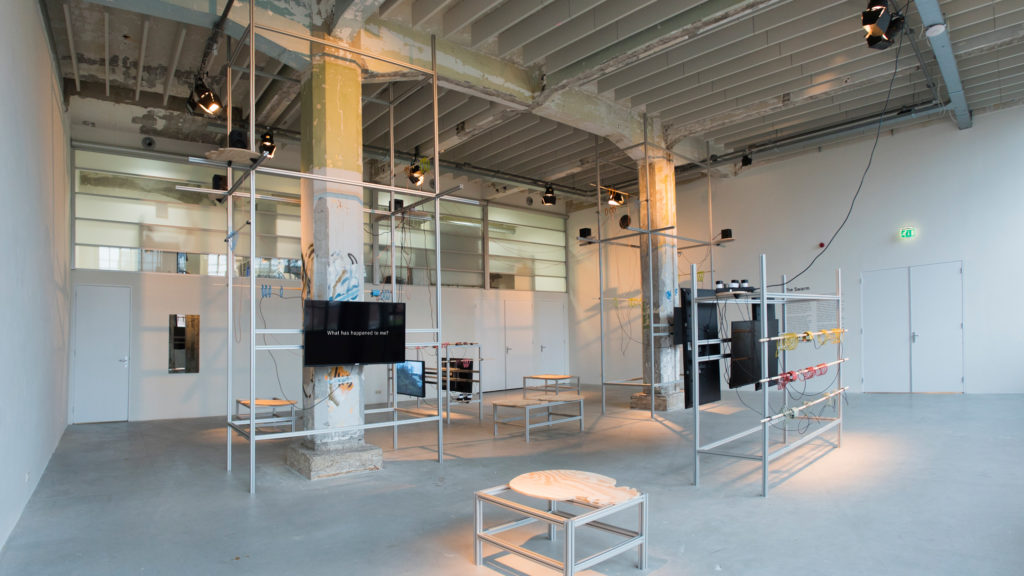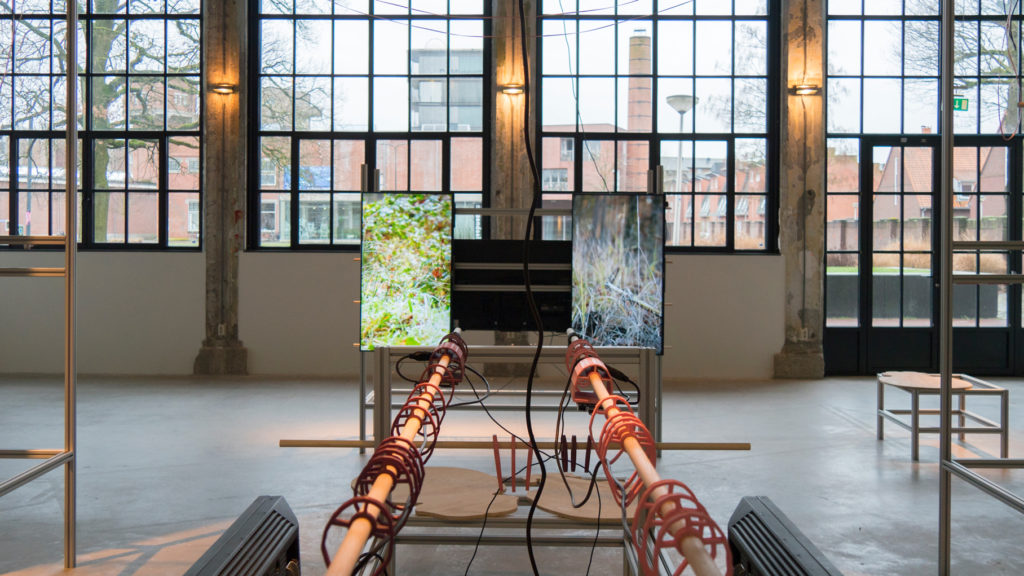the Swarm
2020
They were there, large swarms of little wing-cased creatures. Shit Bugs. Appearing in thousands, buzzing around when the sun shines the brightest. Eyewitnesses confirm: “thousands and thousands and thousands, really bizarre. All of these little animals. We’ve never experienced anything like it, such an incredible amount. Yesterday we scared them away with a leaf blower, but looking at it now there appear to be many of them dead on the ground. As if they came here to die?” While large in numbers, the swarms appeared to be harmless small dung beetles; hard working recyclers, turning feces into nutritious soil. Nonetheless this swarm had a chilling effect on most people getting caught by the little critters. Their uncontrollable and rapid movement made it impossible to prevent them from flying into unwanted places. Dark clouds of little bugs leaving a sinister sight, as if a horror movie slowly took hold of the landscape.
The image of a swarm is often the same in many doomsday scenarios and fictions, where bees attack entire towns, locusts destroy crops or ants drag humans into their underground nest. While these images instill fear, developments in Artificial Intelligence are in contrast looking at swarming organisms for answers to overcome current hurdles. Much of the effort in replicating human abilities turns either too complicated or expensive to realize. Or, as a full reproduction, it is inefficient in relation to the often simpler tasks requested. Swarm Intelligence however, consists out of a large body of individuals each performing relatively simple or minuscule tasks. But in its totality the sum of all these minuscule tasks can construct large complex infrastructures. Instead of developing a complicated machine that can perform multiple tasks, a large group of smaller drones and robots have each a simple individual task to achieve a common goal.
In ‘The Swarm’ small computers each perform their individual part. As a group they assemble a theatrical play, traveling through different writings, from Kafka’s metamorphosis to articles on swarm intelligence and research papers on the 6th mass extinction. Shifting from utopia to dystopia, swarm to individual, with as main protagonist the dung beetle itself facing existential crisis within an environment under strain.
commisioned by Tetem, Enschede
featuring text fragments by:
Franz Kafka
the Metamorphosis, Translated by David Wyllie
Gerardo Ceballosa, Paul R. Ehrlichb, and Rodolfo Dirzo
Biological annihilation via the ongoing sixth massextinction signaled by vertebrate population losses and declines
Christian Blum, Xiaodong Li
Swarm Intelligence in Optimization
Tags: 2020 Recent

































